Capture One Pro 9
Mastering Raw Development, Image Processing, and Asset Management
Sascha Erni
Capture One Pro, Ebook, Image Editing, Photography, Print, Print and digital bundle
Historically, Capture One Pro software has been regarded primarily as an amazing RAW file converter for high-end cameras. With its newest release, Capture One Pro 9 goes well beyond its storied RAW conversions to become one of the most powerful image-processing applications on the market, addressing the imaging workflow from...
Read More
Read More
- Print and eBook Bundle: $49.95
- Print Book: $39.95
- eBook: $31.99
| BOOK AUTHOR | Sascha Erni |
|---|---|
| PAGE COUNT | 296 pages |
| TRIM SIZE | 8 x 10in |
| COVER | Soft Cover (no flaps) |
| ISBN | 978-1-937538-81-1 |
| PUBLISH DATE | 03/2016 |
1 review for Capture One Pro 9
You must be logged in to post a review.
Related Products
-
Imaginarium
Art and Inspiration, Ebook, Photography, Print, Print and digital bundle, Creativity This product has multiple variants. The options may be chosen on the product page $31.99 – $49.99Imaginarium
Art and Inspiration, Ebook, Photography, Print, Print and digital bundle, Creativity This product has multiple variants. The options may be chosen on the product page $31.99 – $49.99 -
Sale!
The Visual Palette On Sale!
Art and Inspiration, Composition, Ebook, Print, Print and digital bundle, Topics and Techniques, Sale This product has multiple variants. The options may be chosen on the product page $20.00 – $35.00The Visual Palette
Art and Inspiration, Composition, Ebook, Print, Print and digital bundle, Topics and Techniques, Sale This product has multiple variants. The options may be chosen on the product page $20.00 – $35.00 -
Street Photography
Ebook, Photography, Print, Print and digital bundle, Specialized Topics, Street This product has multiple variants. The options may be chosen on the product page $23.99 – $39.95Street Photography
Ebook, Photography, Print, Print and digital bundle, Specialized Topics, Street This product has multiple variants. The options may be chosen on the product page $23.99 – $39.95
Related Products
-
Sale!
The Visual Palette On Sale!
Art and Inspiration, Composition, Ebook, Print, Print and digital bundle, Topics and Techniques, Sale This product has multiple variants. The options may be chosen on the product page $20.00 – $35.00The Visual Palette
Art and Inspiration, Composition, Ebook, Print, Print and digital bundle, Topics and Techniques, Sale This product has multiple variants. The options may be chosen on the product page $20.00 – $35.00 -
Street Photography
Ebook, Photography, Print, Print and digital bundle, Specialized Topics, Street This product has multiple variants. The options may be chosen on the product page $23.99 – $39.95Street Photography
Ebook, Photography, Print, Print and digital bundle, Specialized Topics, Street This product has multiple variants. The options may be chosen on the product page $23.99 – $39.95 -
Imaginarium
Art and Inspiration, Ebook, Photography, Print, Print and digital bundle, Creativity This product has multiple variants. The options may be chosen on the product page $31.99 – $49.99Imaginarium
Art and Inspiration, Ebook, Photography, Print, Print and digital bundle, Creativity This product has multiple variants. The options may be chosen on the product page $31.99 – $49.99

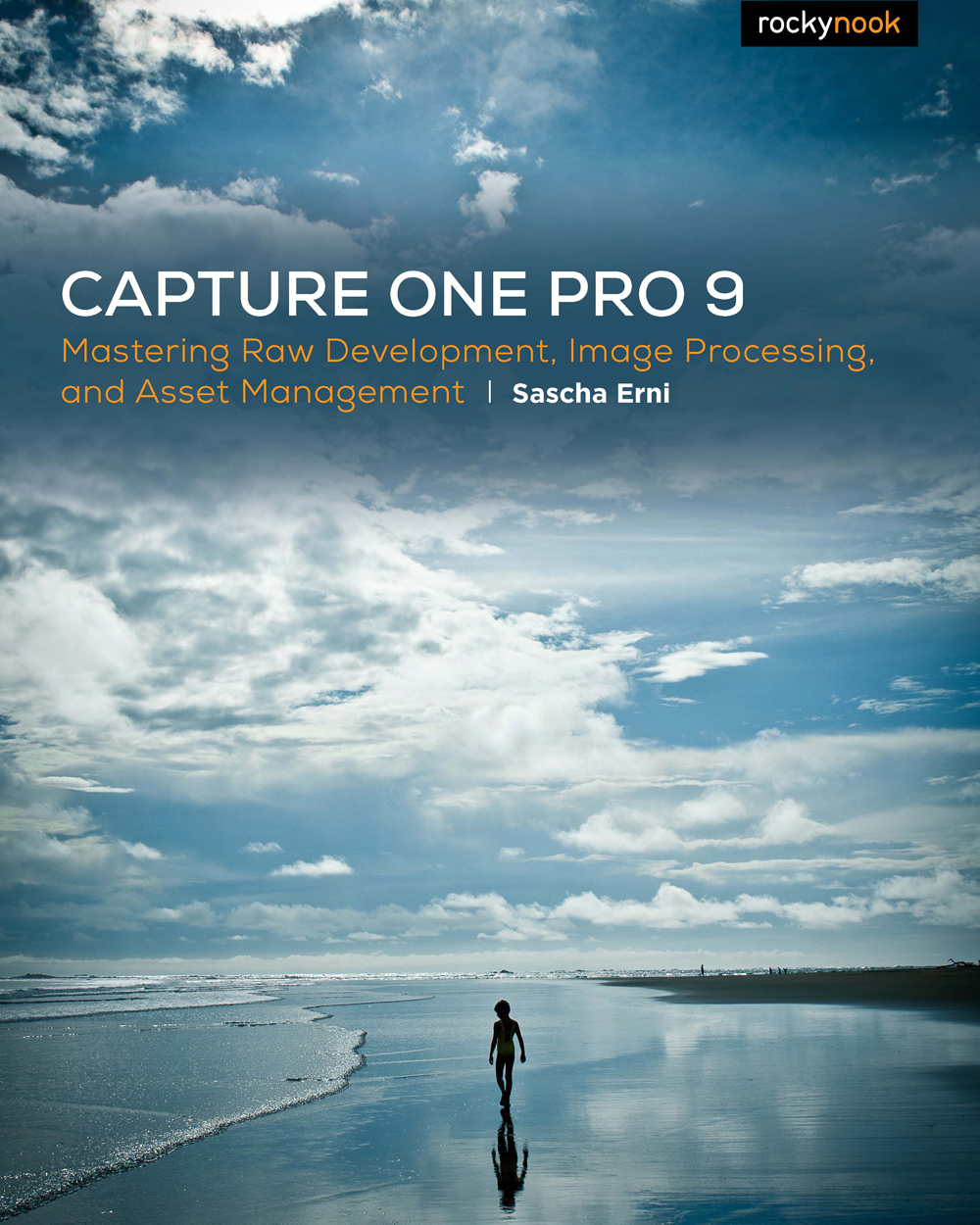
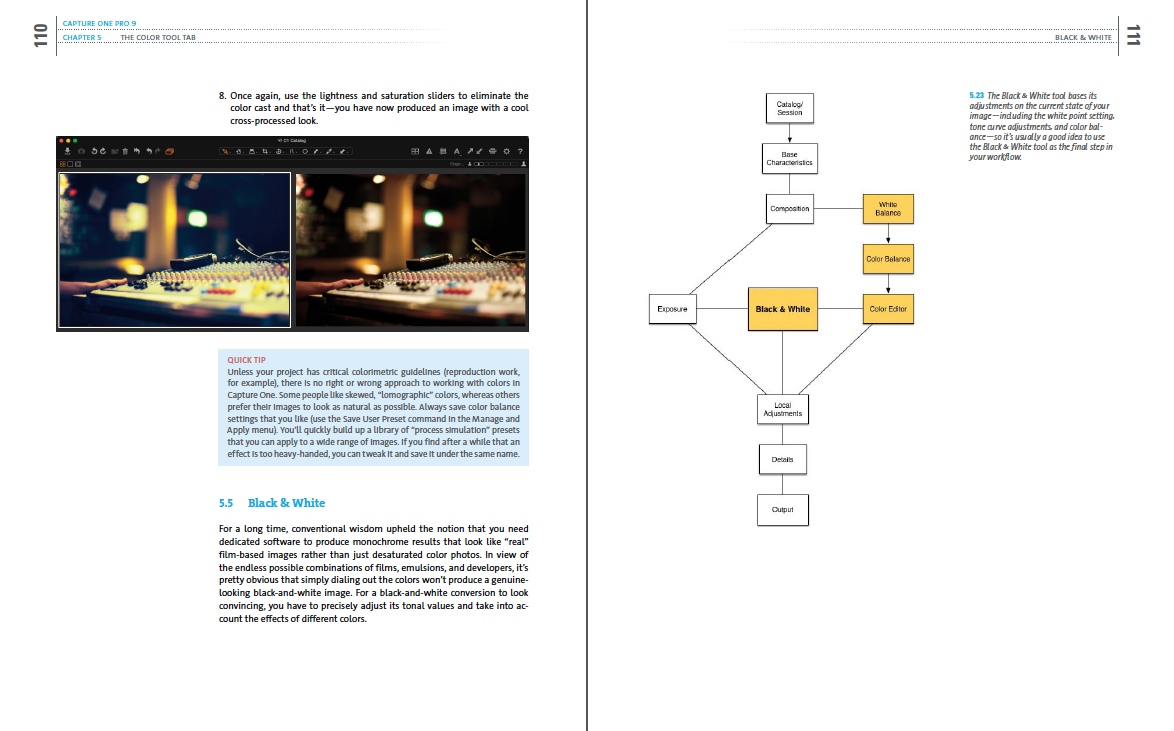
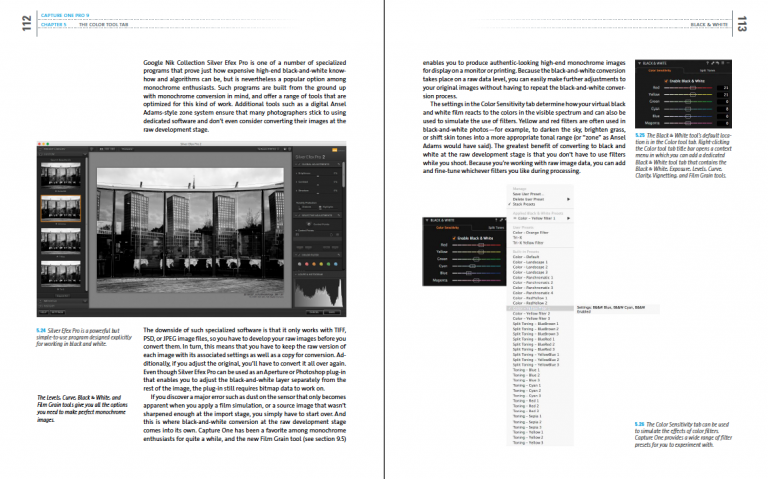
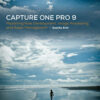
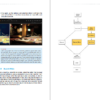
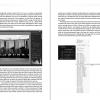

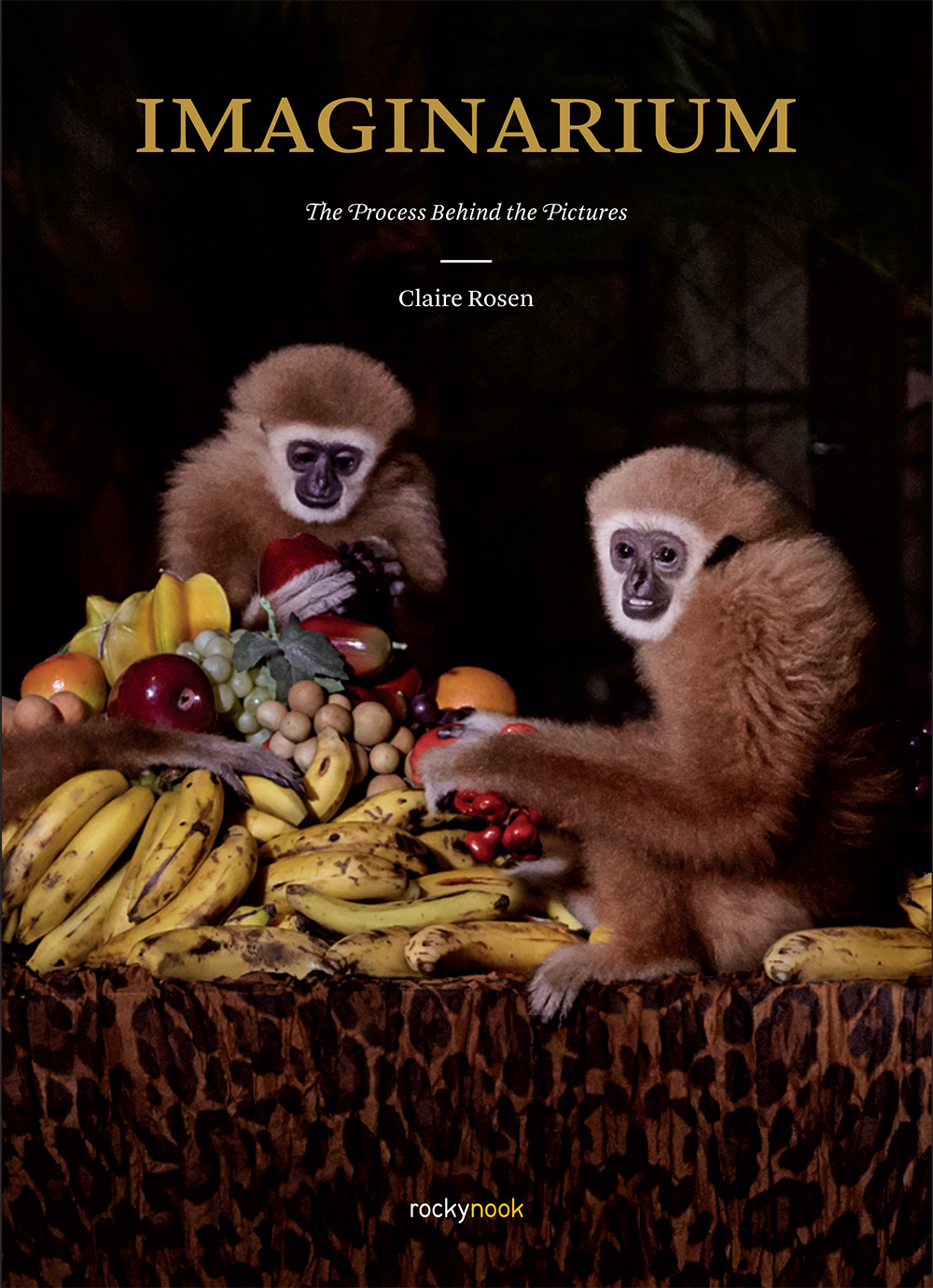

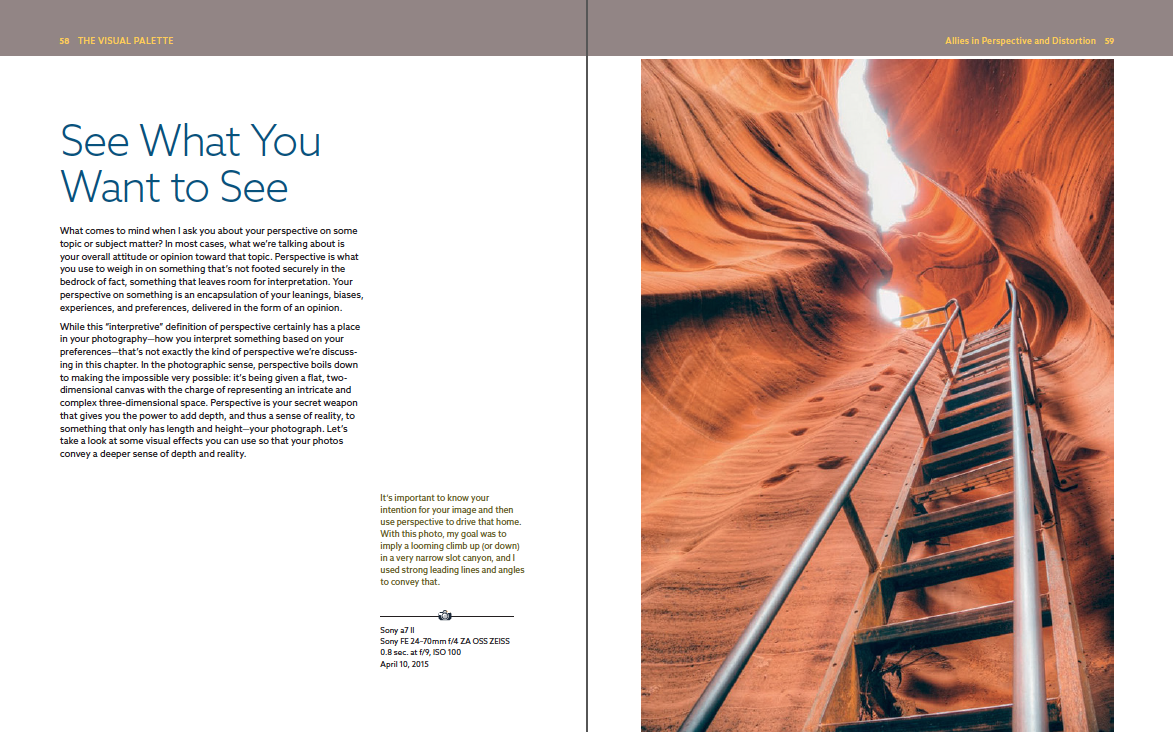
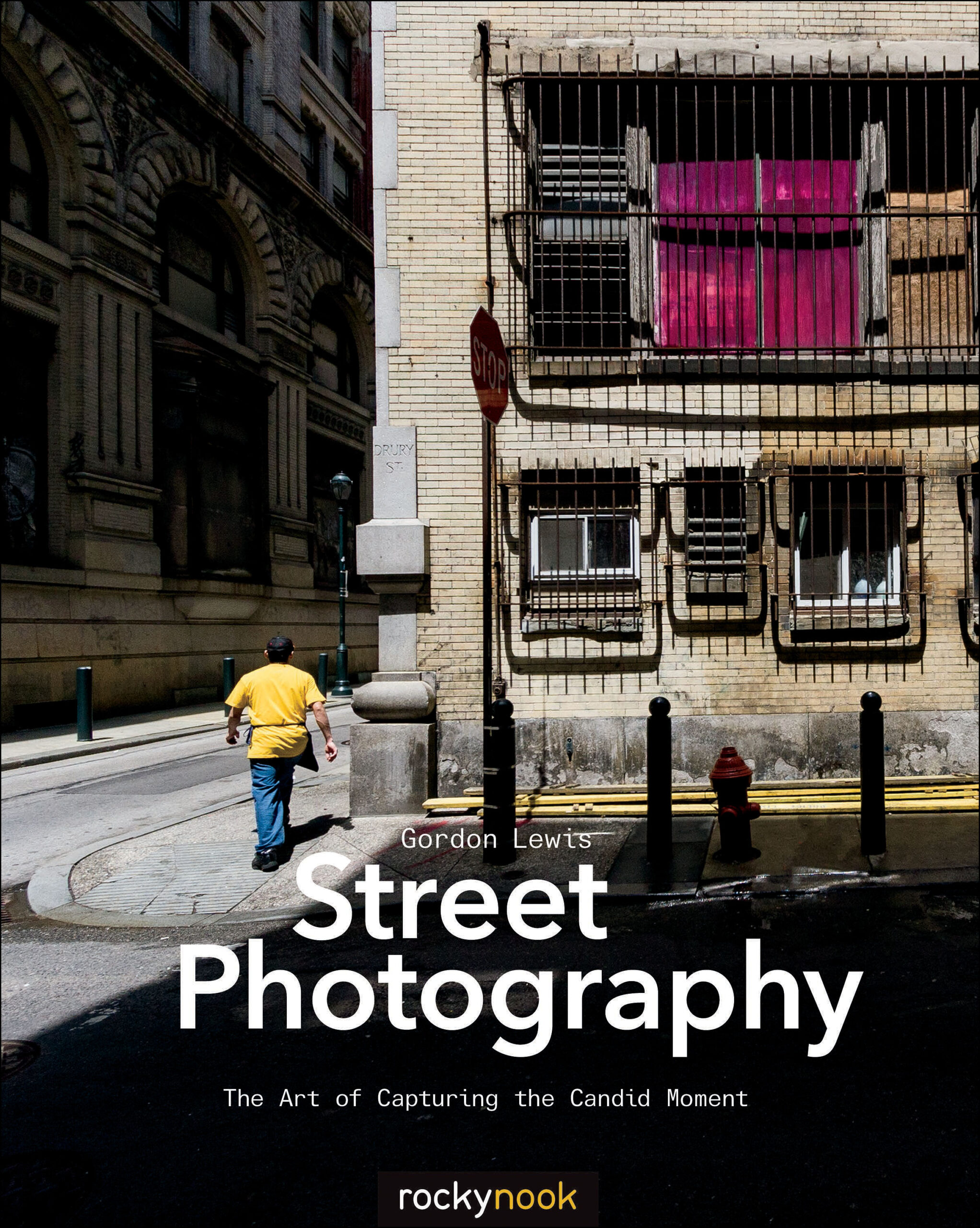
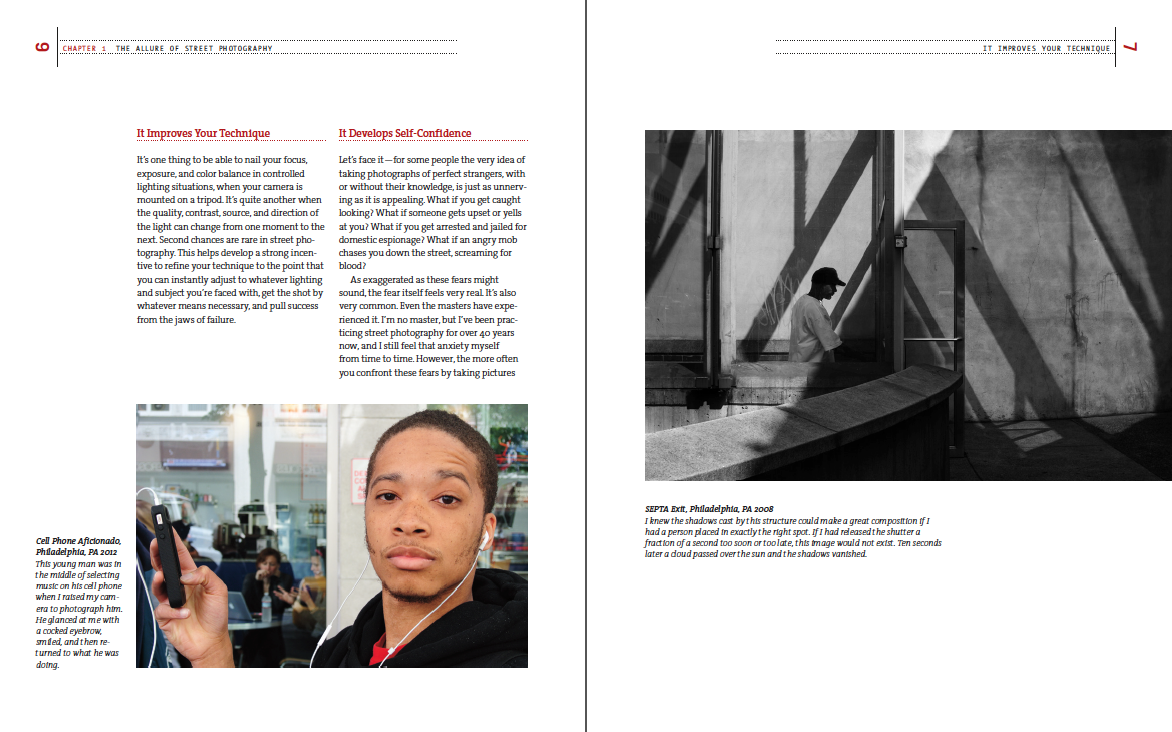


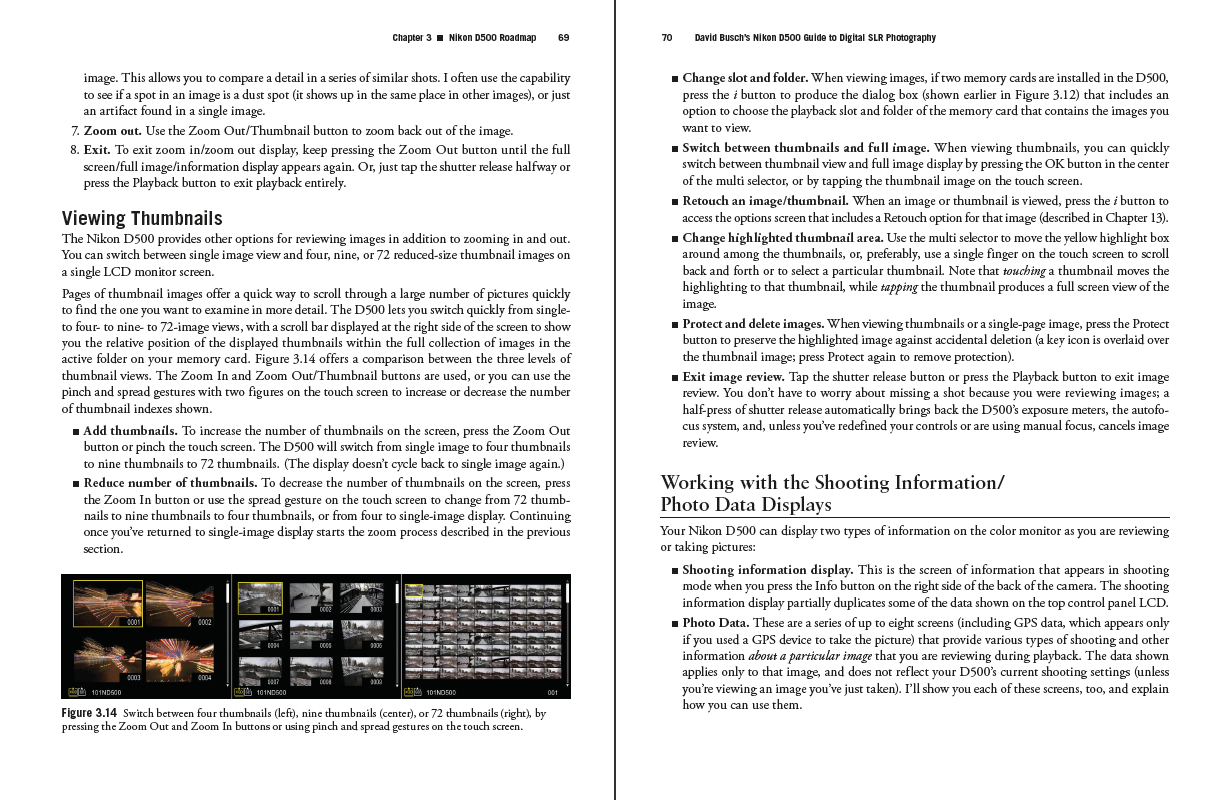



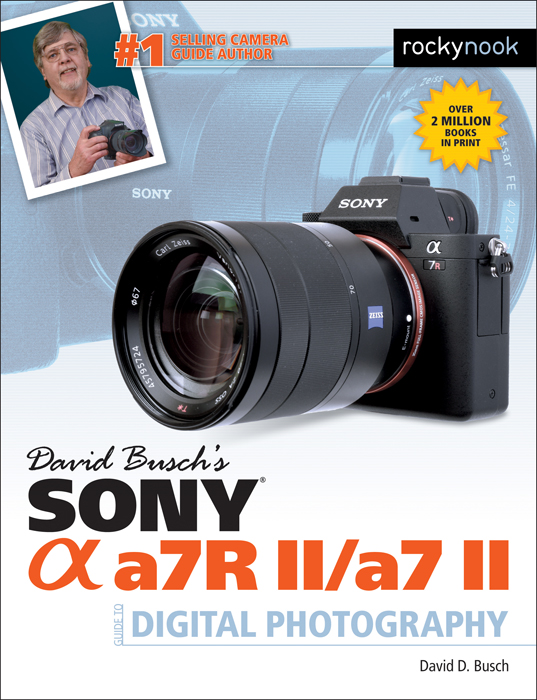


wepsphoto
Adobe’s Creative Suite for photographer’s has certainly become a standard for many- for about $10 per month, you can have a subscription to both Photoshop and Lightroom and enjoy the lastest version of the software without further investment. Of course, there are options available- GIMP, Pixelmator, Capture One, etc. The primary disadvantage of these alternatives is the lack of educational support- while Amazon lists six books on Lightroom 6 (and more than seventeen for Photoshop CC), there is only one for Pixelmator, and it’s nearly three years old. Online training sites have a similar bias, making the learning curve far more challenging for programs from anyone but Adobe.
This is where Sascha Erni’s Capture One Pro 9: Mastering Raw Development, Image Processing and Asset Management comes in. For the photographer considering the switch to Capture One, this is a superb book that will outline pros and cons and then give a quick view of the program and its workflow.
Erni does a superb job in measuring the pros and cons of the software. One thoughtful warning from the start is to recognize one major limitation of Capture One- it cannot read DNG files unless they are native. For those who have converted their libraries of raw images to DNG, this could easily be a deal-breaker, making the book a great bargain before even investing in the program.
Why consider Capture One? Erni makes a strong case for the software’s excellent tethering abilities, standardize color management and intuitive interface. Each chapter considers the various tabs and how to best utilize the software, but only after a thoughtful look at hardware requirements, software differences with other programs and a thorough examination of the Capture One workflow.
Unlike Adobe’s Classroom in a Book series and many other Photoshop/Lightroom texts, Capture One 9 is less a how-to tutorial than it is an examination of an excellent option to the Adobe suite. It’s probably not going to prepare a complete novice to establish an effective workflow- the author assumes a certain amount of knowledge and experience with photographic software. This book is ideal for anyone considering a switch- it’s a must-read before a software purchase and then a well written and illustrated guide to introduce the program’s interface, workflow and capture, post-processing and output features.